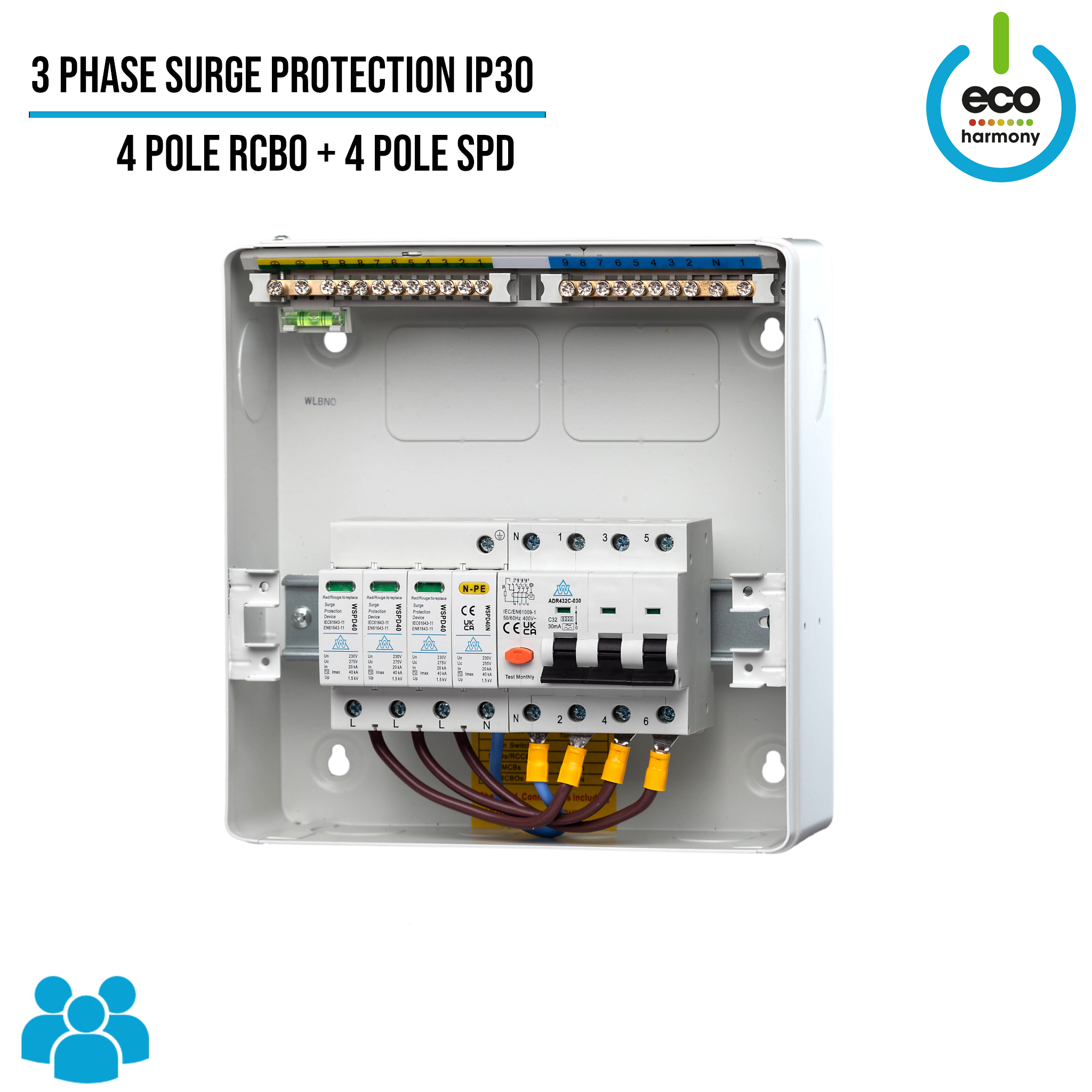A Comprehensive Overview to Preserving Your RCBO CONSUMER UNITS Effectively
Wiki Article
The Role of Consumer Devices in Effective Power Monitoring Solution
Customer units are important to efficient power monitoring systems, offering as the key circulation points for electrical power within structures. The advent of smart innovations has even more improved their functionality, enabling for real-time information monitoring and nuanced power usage analysis.Understanding Customer Systems

Comprehending the role of consumer devices starts with acknowledging their vital feature in protecting electrical systems. By isolating mistakes within particular circuits, consumer devices stop prevalent interruptions and potential fire risks. This seclusion is attained via using breaker that trip or fuses that impact when a mistake is identified, thereby cutting off the electrical circulation to the influenced circuit.
In addition, customer systems assist in the well organized circulation of power, enhancing the efficiency of power usage. They enable for the methodical monitoring of electric lots, which can be especially important in industrial and business settings where need can fluctuate dramatically. Properly maintained consumer units add to the durability of electric systems and aid in lessening downtime brought on by electrical failures, ultimately supporting the seamless operation of energy-dependent centers.
Smart Technologies Combination

A vital benefit of clever customer systems is their capability to utilize progressed algorithms and artificial intelligence for anticipating analytics. This allows for preemptive modifications based upon use patterns, weather prediction, and other variables, significantly boosting overall efficiency. Smart customer systems promote need reaction programs, where power use can be dynamically adjusted during height periods to support the grid and lower expenses.
The integration of renewable power resources, such as solar and wind, is also streamlined through wise customer systems. By wisely managing the intermittency of these resources, these systems guarantee a dependable and balanced energy supply. In addition, smart consumer devices enhance user interaction by offering detailed insights and remote control capabilities via mobile applications, fostering a much more proactive method to power preservation and sustainability.
Surveillance Energy Usage
Building on the abilities of smart innovations combination, keeping track of energy usage comes to be a crucial emphasis within energy administration systems. By leveraging advanced metering framework (AMI), real-time information on energy usage can be collected at granular degrees, giving beneficial understandings right into consumption patterns and peak need durations.Smart meters and Net of Things (IoT) devices play an essential duty in this monitoring procedure. These tools can track power use in real-time, transmitting information to central systems for analysis. The collected data is after that refined through advanced formulas to find anomalies, forecast future consumption, and recommend optimization techniques. Additionally, cloud-based options use scalable systems for keeping and evaluating large datasets, assisting in remote tracking and control.
The assimilation of these Resources technologies not only equips customers with thorough info regarding their energy use but additionally sustains utility companies in managing load distribution better. Eventually, continuous and precise tracking is vital for accomplishing energy effectiveness, expense savings, and sustainability objectives within power management systems.
Optimizing Home Appliance Use

One reliable method involves identifying height and off-peak hours to change energy-intensive tasks, such as laundry or dishwashing, to times when energy demand is reduced. This not only decreases stress on the grid however likewise maximizes reduced power tolls. In addition, incorporating artificial intelligence algorithms permits predictive maintenance, making certain home appliances run at optimal performance and extending their life expectancy.
Energy administration systems can also incorporate user-specific preferences and actions to tailor appliance use timetables. Wise illumination systems can change brightness based on occupancy and natural light accessibility, while Cooling and heating systems can maintain convenience levels without excessive energy use.
Encouraging Sustainability
Promoting sustainability within energy management systems involves not only boosting efficiency however also fostering eco accountable practices. Consumer devices are indispensable to this process, as they offer real-time data and control devices that make it possible for individuals to check and lower their energy consumption. By leveraging sophisticated innovations, consumer systems can determine energy-saving possibilities and help with the combination of renewable resource resources like solar and wind power.One crucial element of advertising sustainability is enlightening customers on the benefits of responsible energy use. With thorough understandings offered by consumer units, individuals can make educated decisions that reduce their carbon footprint. As an example, these units can suggest ideal times for operating high-energy home appliances based upon grid need and renewable resource schedule, therefore reducing reliance on nonrenewable fuel sources.
In addition, customer systems sustain the adoption of wise grid innovations, which improve the total efficiency and integrity go now of power distribution. By enabling two-way communication in between customers and utility service providers, these systems can dynamically get used to energy needs, reducing waste and promoting making use of lasting energy methods.
Verdict
Consumer systems, as integral elements of power administration systems, substantially enhance electric safety and efficiency within structures through circuit defense and wise innovation integration. Real-time information monitoring and evaluation promoted by these systems maximize energy intake and home appliance use. Furthermore, the consolidation of renewable power sources promotes lasting methods, contributing to reduced general power consumption and reduced carbon footprints. Subsequently, customer devices play an important duty that site beforehand both power effectiveness and environmental sustainability.Advancements in wise technologies have reinvented the capabilities of energy administration systems, especially with the assimilation of smart consumer units.Building on the abilities of wise modern technologies assimilation, keeping an eye on power intake becomes an important emphasis within power administration systems.Effective home appliance usage optimization is a vital part of energy administration systems, aiming to enhance efficiency and lower unneeded energy intake.Consumer systems, as indispensable components of power management systems, significantly improve electrical safety and efficiency within buildings with circuit protection and smart innovation integration. Additionally, the unification of eco-friendly energy sources advertises lasting practices, contributing to minimized overall energy intake and reduced carbon impacts.
Report this wiki page